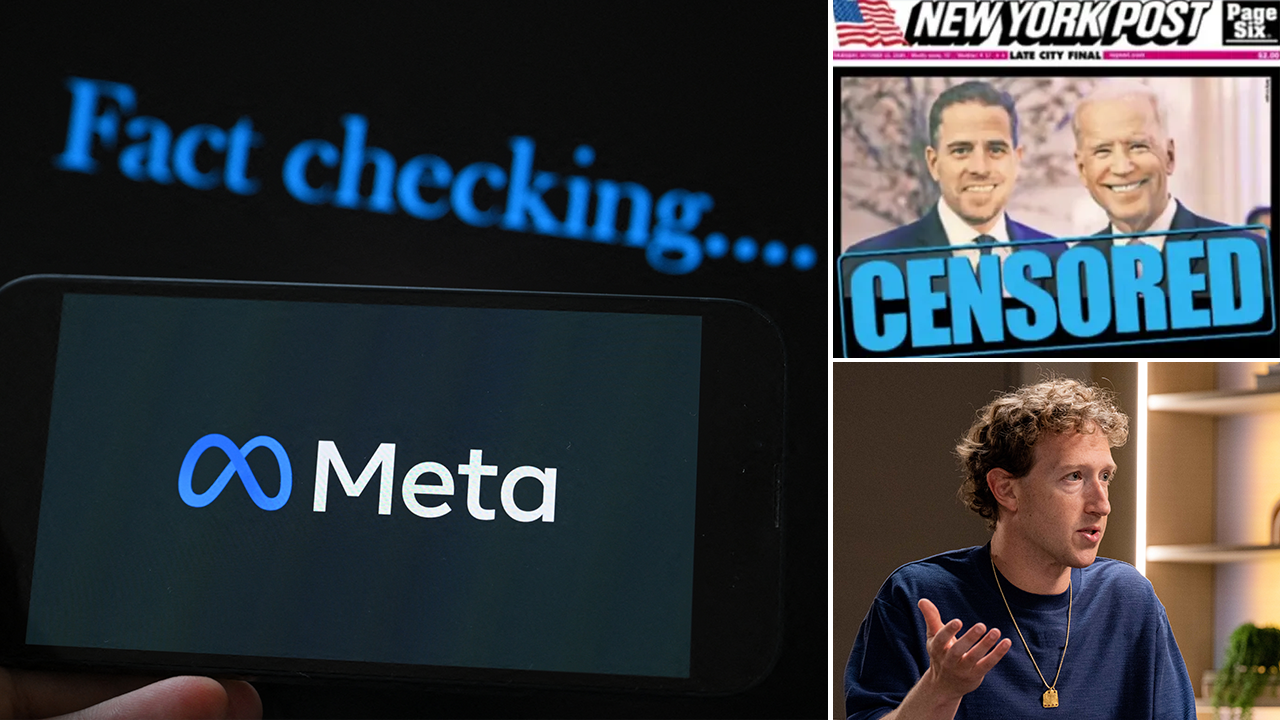The internet is dead, and Google killed it. Fortunately, there’s hope of reviving it after the United States District Court for the District of Columbia recently ruled against Google in a massive antitrust case, determining that it is a monopoly engaging in anti-competitive practices hurting consumers.
This has been true for a long time. With over 90% of searches occurring through Google, the company has become synonymous with online research (e.g., people now “google” things they want to learn more about). Google’s stranglehold on search not only gives it control over the flow of information but also enables the company to amass vast amounts of user data. This data collection allows Google to dominate online advertising as well.
Those on the left believe they have a monopoly on truth when, in reality, Google has a monopoly on them.
Naturally, Google bankrolls an extensive network of lobbyists and supporters in government and beyond to maintain its supremacy. However, even the most effective shill can’t hide what has become obvious to everyone.
One such shill is Big Tech lobbyist Hannah Cox, who responded to the court decision in Newsweek. “Google isn’t a monopoly — not even close,” Cox asserted. She leaned on the classical (and obsolete) definition of a monopoly to claim that Google doesn’t qualify because other (much smaller) search engines exist. She also argued that even if Google were a monopoly, it hasn’t technically harmed consumers. In her view, people simply choose to use Google because it’s awesome.
Except that none of that is true. In a counterpoint to Cox’s piece, writer and legal expert Aron Solomon explained how Google actually meets the definition of a monopoly and indeed hurts users by violating their privacy, limiting their choices, and diminishing their satisfaction. “In the case of Google,” he wrote, “its monopoly in search affects not just search results but also the ads consumers see, the data collected from them, and the overall online experience. Ensuring a competitive market would enhance consumer choice, privacy, and satisfaction.”
In truth, no one wants to use Google if they can help it. People only use it because it’s the default search engine on most devices and browsers. “By locking in agreements with companies like Apple, Samsung, and Mozilla,” Solomon explained, “Google has ensured that its search engine is the default choice on billions of devices worldwide.” To use something other than Google, users need to go through the onerous process of finding another app and setting it as a new default.
But even this can be futile because other search engines often produce results that resemble Google’s. With its overwhelming share of all searches, Google effectively determines its own results. It decides which media outlets are relevant and worthy of existing online and which are not. Since over 90% of internet users rely on Google, the search engine’s results authoritatively establish the popularity and relevance of every site on the internet, causing the algorithms of other search engines to reflect and reinforce this preselection.
This means that the only notable benefit of using alternative search engines (besides sticking it to Google) is seeing less sponsored content and having more privacy. As for the quality of the search, it will be more or less the same.
However, Google forcing a subpar product on consumers as a monopoly isn’t even the worst aspect of the company. By manipulating search results, Google has inflicted immense harm on free speech and access to information. This was recently demonstrated when Google altered the autofill options for all searches related to the assassination attempt on Donald Trump. When people searched for information on a Trump rally, the results showed only Kamala Harris instead. For a few days, it was as if the event never happened, Trump didn’t exist, and the only sources discussing this suspicious omission were “discredited” “far-right” websites.
The impact of this can’t be understated. If Google’s thought police decide to erase any piece of news, commentary, or discovery that contradicts its corporate worldview, users have no recourse. At most, they can plug in the URL address of their preferred alternative publication or try to find commentary on X. But if they don’t actively do this, or if Elon Musk suddenly changes his mind about free speech, they have no choice but to consume Google-approved propaganda.
Obviously, this is election interference since it denies voters equal access to all points of view, swaying many millions of them to think and act a certain way. Encouraging people to become better informed and vote accordingly does little good these days because so much of their information is corrupted from the start.
As every conservative influencer and writer can attest, Google’s monopoly utterly smothers the reach and growth of alternative media. Never mind that these publications are often better written, are more objective, and reflect the positions of most Americans. They will always be on the margins while preferred news outlets continue to pump out fake news and hackeyed opinions. This, in turn, accelerates political and cultural polarization and radicalization, as those on the left believe they have a monopoly on truth when, in reality, Google has a monopoly on them.
As it stands, the internet has morphed into a clunky propaganda machine infested with bots, scammers, and leftist apparatchiks for most users. It’s no longer the information superhighway but rather the information landfill. We can only hope that this new court ruling disrupts the status quo, breaks up Google, and liberates the internet to become the vibrant marketplace of ideas it was meant to be.
Read the full article here





![Diddy’s Mom’s Wild Parties? Disturbing Backstory Finally Exposed [WATCH] Diddy’s Mom’s Wild Parties? Disturbing Backstory Finally Exposed [WATCH]](https://www.lifezette.com/wp-content/uploads/2024/09/2024.09.20-01.52-lifezette-66ed7e0bb9c10.jpg)


![Race-Based Questions Shut Down by Notre Dame Coach Marcus Freeman After Historic Win [WATCH] Race-Based Questions Shut Down by Notre Dame Coach Marcus Freeman After Historic Win [WATCH]](https://www.lifezette.com/wp-content/uploads/2025/01/2025.01.10-08.06-lifezette-67817dd7a1932.jpg)

